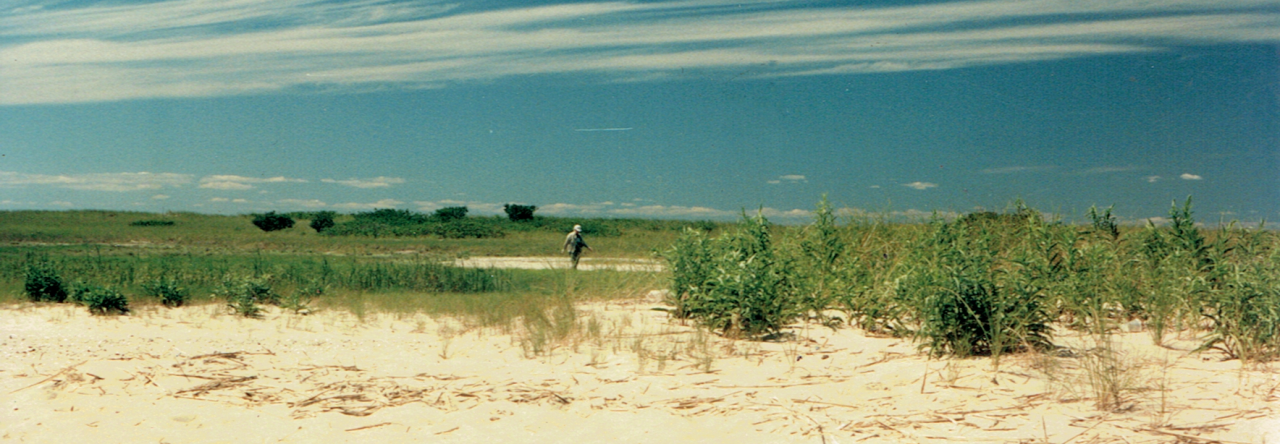Nancy and I are work-share members of the Homecoming farm in North Amityville. Tuesday mornings we arrive to fulfill our two hours of work in exchange for a bag of produce.
Harvesting was in full swing as we arrive. We were asked to pick beans. Don the farmer explained how. “Don’t pull weeds near the beans. Their roots are sensitive and will curtail bean production. Don’t yank the pods off. Instead cut them off gently.” We too shears and plastic buckets into the field. Although it was hot, a strong breeze cooled things off.
Harvesting beans is tedious with Don’s suggestions. I’d rather yank them off. Instead of cutting I found a way to extract the bean without cutting. I nipped it off with thumb and index finger. Many of the beds are choked with weeds. Other workers weeded. With the drought, weeds are difficult to pull. I tried kneeling and stooping and sitting. All three positions were difficult. After 45 minutes, I quit. Sore back, sore knees, thirsty, bathroom break, and frustration did me in.
Within the past three weeks, Don has been tilling new growing lots with the tractor, plowing, disking, and refining in order to plant cover crops. The Dominican Sisters community has agreed with Suffolk County to sell the development rights to some of their 40 acres of land with the promise to convert large lawn areas into production. When Don is finished for the day, he has dirt on his neck from where fine soil stuck to sweat. Once the seeds have been cast, the waiting begins. “Rain” he says often. The plan is to plow under the cover crop in late fall to add more carbon to the top soil.
After I took a break, I wander around looking for something to do. I find a tall clump of catnip that is in bloom and decide to hang out and watch the insects. I soon conclude that this is an entomologists paradise. There are dozens of white cabbage butterflies flitting, landing, sipping. Bumble bees, honey bees, wasps, native bees, and unidentifiable insects make the place look like Penn Station at rush hour. I stand watching in amazement. August hot spells have insects busy. Herbs produce more essential oils during this time. These oils evaporate into tiny globules called aerosols which insects can sense. The herb garden is alive with insects trying to stock up for winter. Some insects move so fast that it looks like they can visit twenty flowers in a minute.
By 11:30AM, the interns have assembled the produce under the pickup tent for shareholders. Two scales are setup to weigh tomatoes, beans, and potatoes. Bunched chard and kale are in coolers with ice. We choose egg plant, cucumbers, squash, peppers, bunch of herbs and flowers, and two garlic bulbs. The amount and type of vegetable are posted on a board. Don sits at a table to check off shareholders. He has arranged a platter of hot peppers of many sizes and shapes.
This is the time of year when the abundance of fresh, organic produce is at it peak. We are all experiencing farm life. We have come home to the way people lived a century ago on small farms.

Leave a Reply